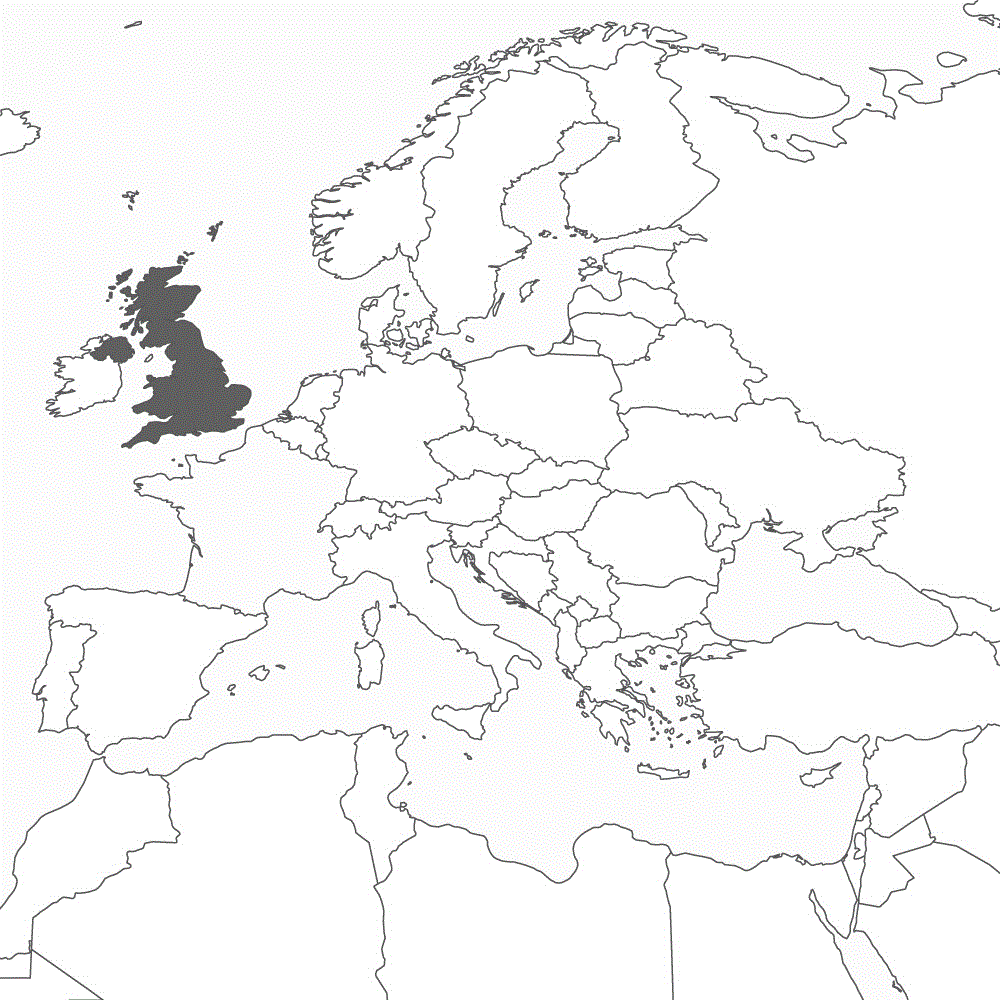The Dictate of Berlin
LISBON/COPENHAGEN/WARSAW (Own report) The recently published communication to the EU council by the European hegemonic powers, has been noted with dismay by the majority of the EU member states. The heads of government of Germany, France and Great Britain blatantly demand that all EU members subordinate their national economies to the requirements of the core powers. To control this radical economic concentration, the ,,appointment"of a vice president to the EU commission is deemed necessary. He is to distribute a special budgeted amount of more than 100 billion Euro among the leading industries. Berlin wants to fill this position.
The reaction of the EU member states is obvious and ranges from restrained criticism to open indignation. Thus, the Danish foreign ministry states that the policy of continual self-empowerment of a few large states must come to an end. The Spanish foreign ministry warns that the European states not be reduced to become mere recipients of instructions. EU commission's President, Prodi, compares the Berlin communication to a ,,dictate."
Distribution network
The document demands complete industrial rationalization of the continent based on the standards of the core powers. The EU policy of subsidies will have to be ,,adjusted (...) to key growth industries"(space and reactor technology) for which a financial endowment, of approximately 100 billion Euro, from the payments of all members is necessary. These funds would benefit ,,the development of Europe's entrepreneurial potential"and, furthermore they would represent ,,the power of the entrepreneurial spirit". Detailed demands refer to the German automobile industry's interest in further monopolization of the distribution network. Independent automotive retailers will only be able to purchase automotive parts at dealer's cost which would include, due to inflexible protectionism of products, even ,,windshield glass, headlights, parts for body work or bumpers". Tying repair parts to the automotive industry without any alternative, amounts to supplements of 25-35 billion Euro annually to the industry's business.
Life sciences
To cover up the radicalization of their economic policy, the hegemonic powers use obscure concepts and semantic distortions of crucial passages within the document. Thus the interests in monopolization of the automotive industry are deliberately misrepresented ( ,,revision of group exemption regulation for the transfer of technology"). Considering their ,,growth potential", biological and genetic engineering technologies are called ,,life sciences"in Berlin's communication.
Eighteenth Century
The economic and scientific high light of the communication is the attempt to attribute the persistent growth crisis to the EU citizens' lacking performance in propagation. Accordingly, the ,,population decline"is related to ,,dynamic of productivity"which is, therefore ,,still too weak in Europe". This theory seems to act as a variant of the teachings of Robert Malthus. The 18th century English vicar and common economist suggested birth control for the poor so that the economy could flourish better.
See also earlier article Financial Rewards
See also Goals on Growth
